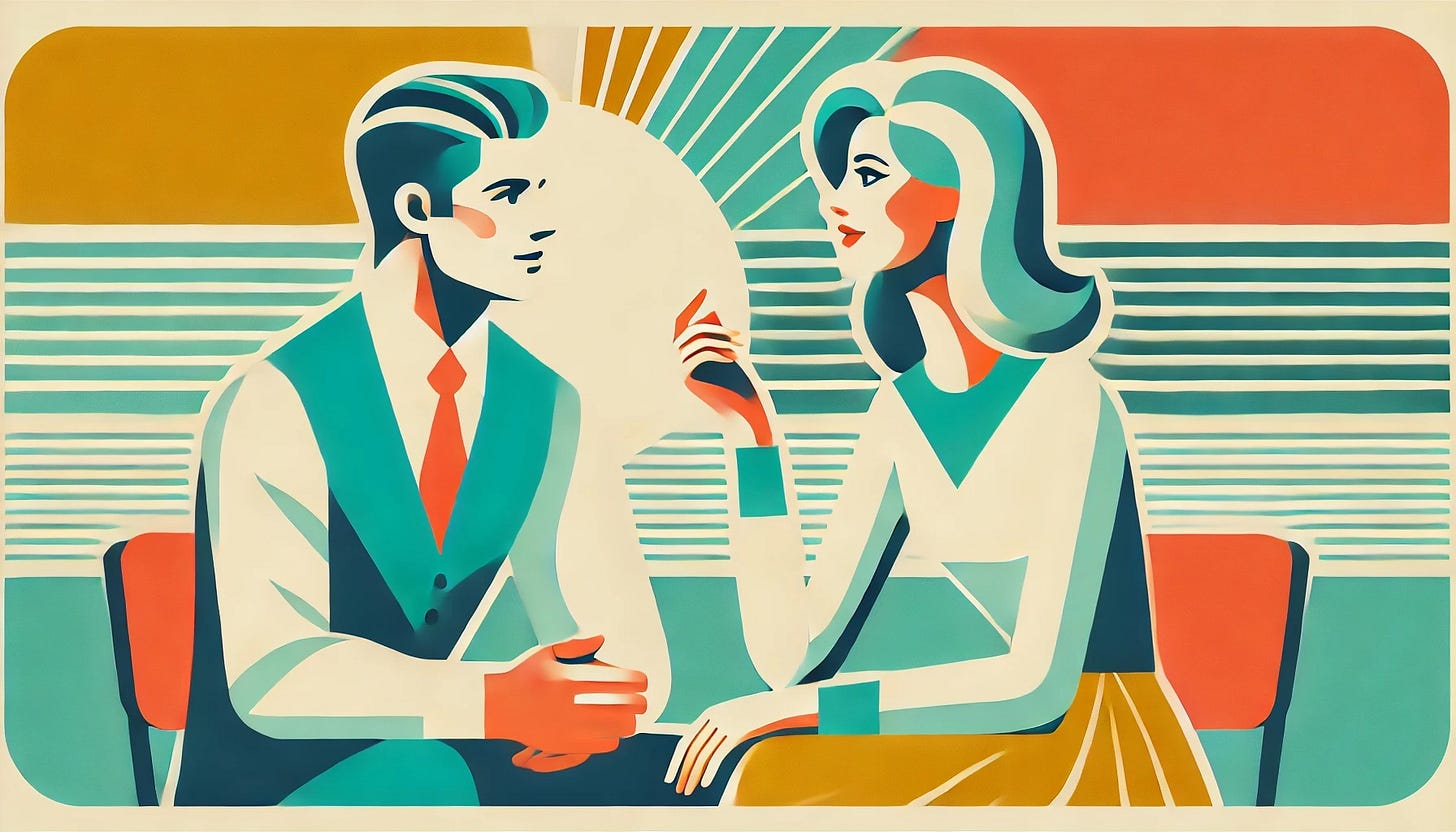I’ve always loved Pride and Prejudice, whether it’s the Keira Knightley version with Matthew Macfadyen as Mr. Darcy, the BBC miniseries with Colin Firth as Mr. Darcy, or the inspired Bridget Jones Diary Colin Firth again as Mr. (Mark) Darcy.
Of course, I love Elizabeth Bennet, the witty heroine. In my fantasy world, I’m best friends with her and Josephine March. Together, we spend our days reading, writing, and strolling through our charming village, imagining stories about the lives we glimpse through candlelit windows, snow gently falling on our hair on a quiet Christmas night.
But it’s Mr. Darcy who has been on my mind this week. Not because he’s the fantasy of so many women, but because I finally read Pride and Prejudice, and discovered something shocking (to me) about him.
I’d always thought of Mr. Darcy as this tall, brooding, misunderstood character. The fabulously wealthy, handsome man who everyone thinks is a jerk, but secretly has a heart of gold and wants to take care of you. This is why women have been obsessed with him for hundreds of years. The strong, silent, mysterious hero.
But that’s not who he starts out as in the book.
Reading Pride and Prejudice reveals so much more about him, and about what it takes to change and grow.
In a recent Citizens of the World podcast episode, I share what Mr. Darcy’s transformation can teach us about:
how honest conversations can lead to personal transformation – for you and the person you’re speaking with.
why hard conversations are worth having, even when they feel risky or uncomfortable.
what Stoic principles and practical communication tools can help us handle conflict gracefully.
By the way – hello! I’m Sarah Mikutel, an American writer, communication coach, and practicing Stoic based in England.
Open conversation leads to transformation
Let’s begin with the moment that changed everything for Mr. Darcy.
If you’ve seen the films or read the book, you’ll remember that people initially think he’s prideful and a snob – and he was.
Let’s talk about the infamous marriage proposal. When he asks for Elizabeth’s hand, he prefaces this by basically saying, “Your family is garbage, and this relationship doesn’t make sense. But I can’t help myself – I want you despite your extremely low status.”
And Elizabeth sensibly refutes him.
We all remember this as one of the most epic marriage refusals of all time. (Jo March refusing Laurie is also up there, for completely different reasons, but I’ll stay on topic.)
When I watched this scene in the film, I found the marriage proposal insulting, but part of me thought it was just a misunderstanding – that he was a good guy underneath. Maybe I was influenced by all the Darcy lore surrounding him.
But later in the book, Mr. Darcy, owns up to his past behavior and apologizes to Elizabeth, essentially saying, “No I actually was being a jerk, and I would have kept being a jerk had you not stood up to me.”
From Pride and Prejudice:
“The recollection of what I then said, of my conduct, my manners, my expressions during the whole of it, is now, and has been many months, inexpressibly painful to me.
Your reproof, so well applied, I shall never forget: ‘had you behaved in a more gentlemanlike manner.’ Those were your words. You know not, you can scarcely conceive, how they have tortured me...
I have been a selfish being all my life, in practice, though not in principle...
Such I was, from eight to eight and twenty; and such I might still have been but for you, dearest, loveliest Elizabeth! What do I not owe you! You taught me a lesson, hard indeed at first, but most advantageous.
By you, I was properly humbled... You showed me how insufficient were all my pretensions to please a woman worthy of being pleased.”
Wow. I’m still in awe of these words, which Jane Austin wrote in the 1700s.
Elizabeth’s refusal makes Darcy reexamine who he is and the life he’s living. Her honesty motivates him to own up to his poor behavior and become a better man.
The Stoics believed that challenges – including in interpersonal relationships – are opportunities to improve ourselves.
“If anyone can refute me – show me I’m making a mistake or looking at things from the wrong perspective – I’ll gladly change. It’s the truth I’m after, and the truth never harmed anyone. What harms us is to persist in self-deceit and ignorance.”
Marcus Aurelius, Meditations 6.21, Gregory Hays translation
The value of hard conversations
This is an excellent reminder to all of us today that sharing how we feel can actually help other people and improve a relationship.
Now, in Pride and Prejudice, the marriage proposal scene gets heated and they fight instead of having a productive conversation, but we can still learn a lesson here.
Many of us avoid hard conversations, choosing the discomfort of silence over the discomfort of speaking up. Or we simply give up on the person and walk away.
But what if you chose to believe in them instead?
What if, instead of avoiding the issue, you said what needed to be said – with the intention of helping the other person and the relationship grow?
Elizabeth stood up for herself and her values, and her honesty inspired Darcy to become a better person. She wasn’t trying to hurt him with her refusal; she was staying true to herself.
Her courage ultimately transformed Darcy, and while their eventual romance was a happy outcome, his growth was valuable in its own right. Even if they hadn’t ended up together, Darcy’s transformation into a better man would have been worth it.
This is a reminder that sharing how we feel – even when it’s difficult – can open the door to positive change. The Stoics teach us that we can’t control others’ reactions, but we can approach conversations with integrity and care. When we do, we create opportunities for transformation – both in our relationships and ourselves.
In my next post, I share how to manage difficult conversations using nonviolent communication.
Would you love to start speaking with more calm confidence? If you’re ready to get over speaking anxiety, conflict avoidance, and other introvert issues, let’s talk. Visit sarahmikutel.com to learn more about how I can help you.






